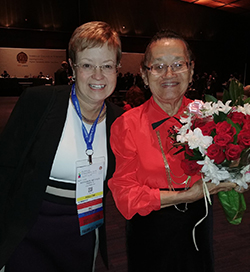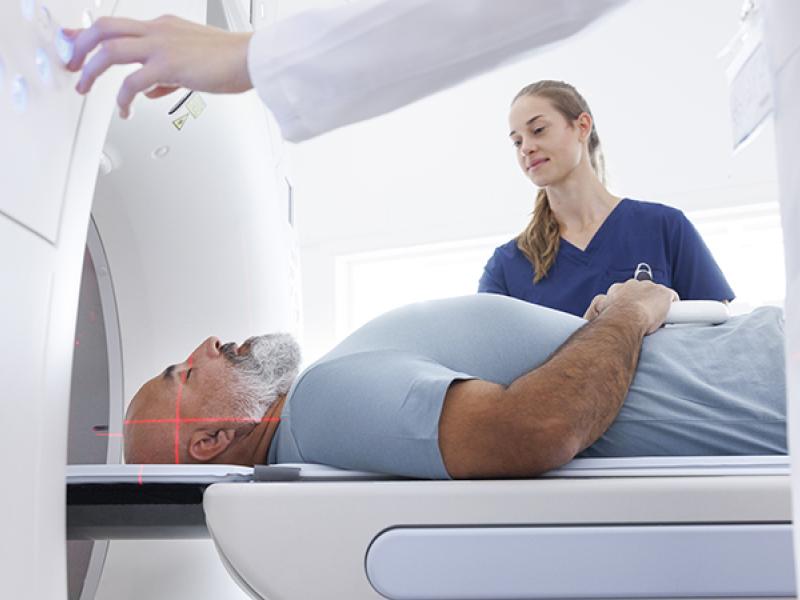Dear Colleagues,
When I enrolled in the six-year medical degree program at the University of Missouri-Kansas City in 1973, UMKC was considered a pioneer because they admitted roughly an equal number of men and women to their medical school. Historically, that has not been the case at other medical schools across the country, though over the decades, other schools have caught up with UMKC.
We have seen a consistent trend over the last several years at MU with more women entering medical school. The Class of 2026, for example, consists of 75 women and 52 men. While we are admitting more women into medical school, we need to now ensure that more women go into traditionally male-dominated specialties, such as many of the surgical specialties.
In addition, it is important that women have equal representation in leadership positions in medicine. I am happy to say that we are making significant progress here at our medical school. More than one-third of our department chairs are women, which is almost double the national average. I hope to see that number increase.
A number of our women leaders have participated in the prestigious Executive Leadership in Academic Medicine (ELAM) program (Drs. Kristin Hahn-Cover, Richelle Koopman, Elizabeth Parks and Laine Young-Walker). This is a competitive program to prepare the next generation of women leaders in science. I am glad to see Dr. Lee-Ann Allen, chair of molecular microbiology and immunology, was accepted into the new ELAM class beginning July 2023.
I was recently honored to take part in two important programs that emphasize the importance of women in medicine.
During the Women in Surgery event on May 9, Dr. Debra Koivunen, emeritus associate professor of surgery, delivered an address on the history of female surgeons at MU. It was eye-opening to learn about Yeu-Tsu Margaret Lee, MD, FACS, the first female surgery resident at MU.

Born in Xian, China, in 1936, four of her siblings died from illness, which motivated her to become a physician. She fled to Taiwan after the Chinese Civil War and immigrated to the U.S. in 1955. Just six years later, she graduated from Harvard Medical School. Dr. Lee came to MU in 1964 to complete the final two years of her surgery residency and stayed on after her surgical oncology fellowship as an assistant professor until 1972. She had an inspiring career after her time at MU and served in the U.S. Army Corps, including deployment to Iraq during Operation Desert Storm.
I would encourage you to learn more about Dr. Lee in this presentation given by Dr. Koivunen. During the Women in Surgery event, we welcomed Dr. Kristan Staudenmayer, associate professor of surgery at Stanford University, who delivered the keynote address.
On May 19, our Women in Medicine and Medical Sciences (WIMMS) group hosted its eighth annual workshop. I was honored to share a few remarks at the event, which included a keynote from Dr. Abby Spencer, vice chair for education in the Department of Medicine and director of the Academy of Educators at the Washington University School of Medicine in St. Louis. Dr. Spencer is an ELAM graduate.
In her keynote, “Thriving on the Journey: Building and Engaging Your Support Network to Enhance Connection,” Dr. Spencer shared the ways in which women in medicine need to take time for themselves. It was a great presentation and has applications for all of us. I would encourage you to take a moment to review her presentation for yourself.
In addition to her keynote, the workshop included a roundtable discussion on solutions and life hacks for personal and professional challenges. What a great topic!
I am proud of the progress we have made at the MU School of Medicine in elevating the role of women in medicine and science. I am excited to see the many important accomplishments we will see from these brilliant doctors.
Sincerely,

Richard Barohn, MD
Executive Vice Chancellor for Health Affairs
University of Missouri
rbarohn@health.missouri.edu





